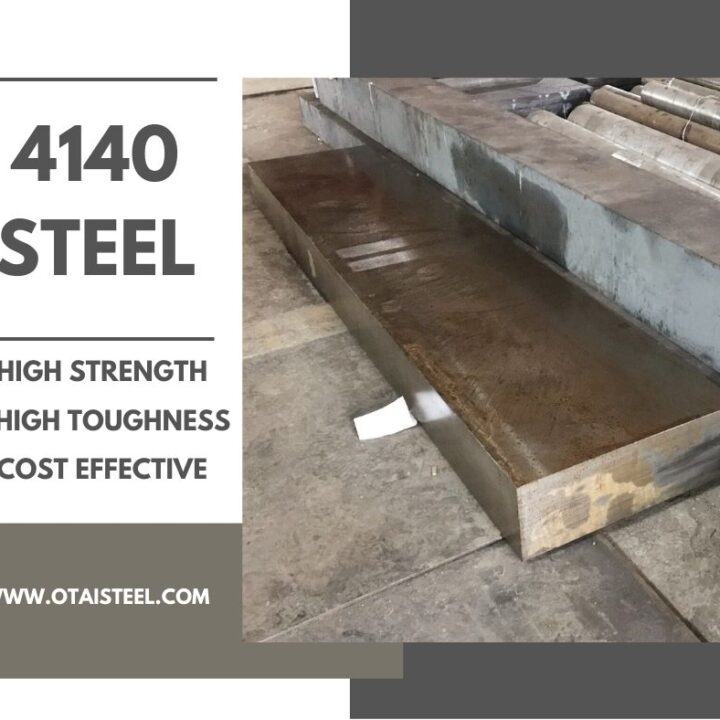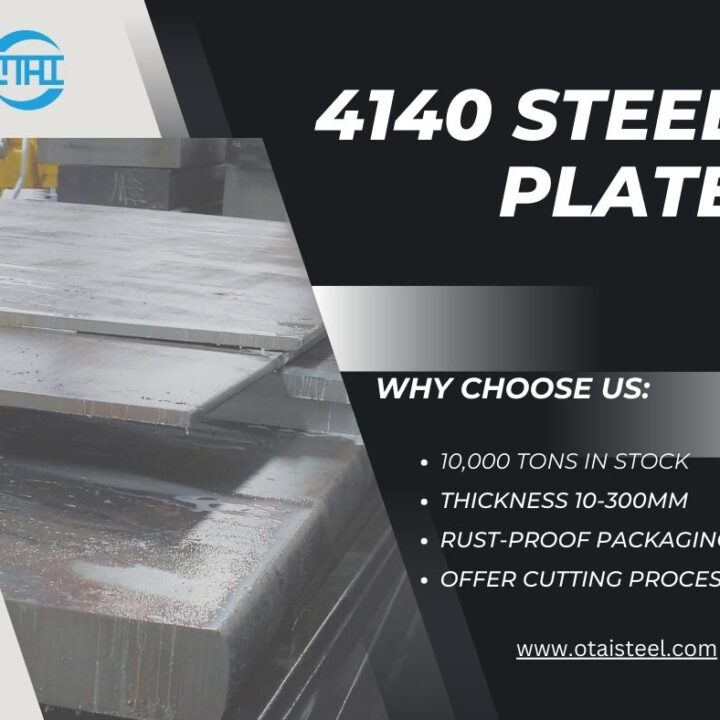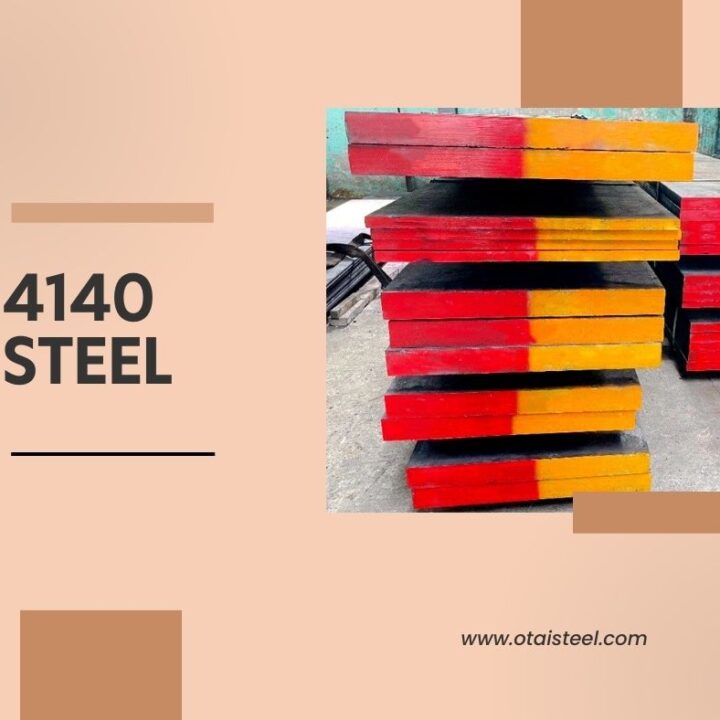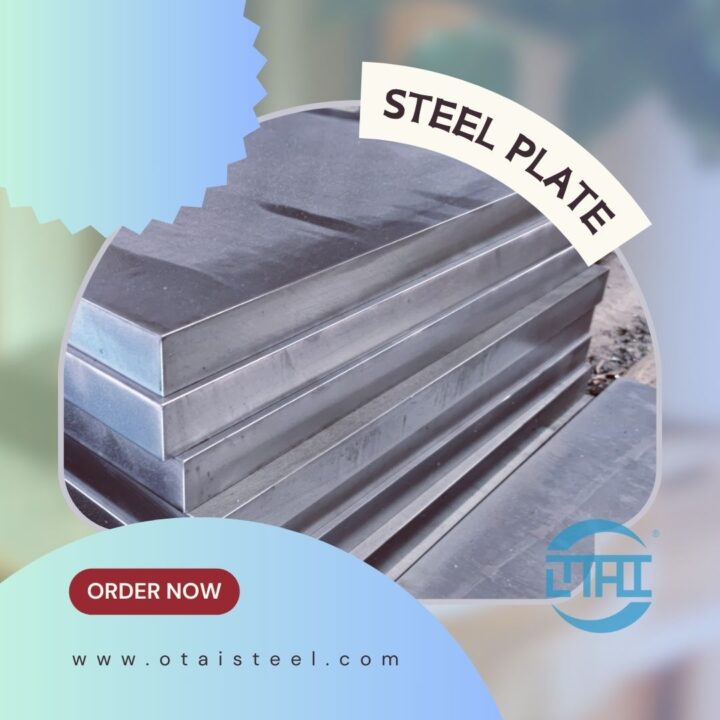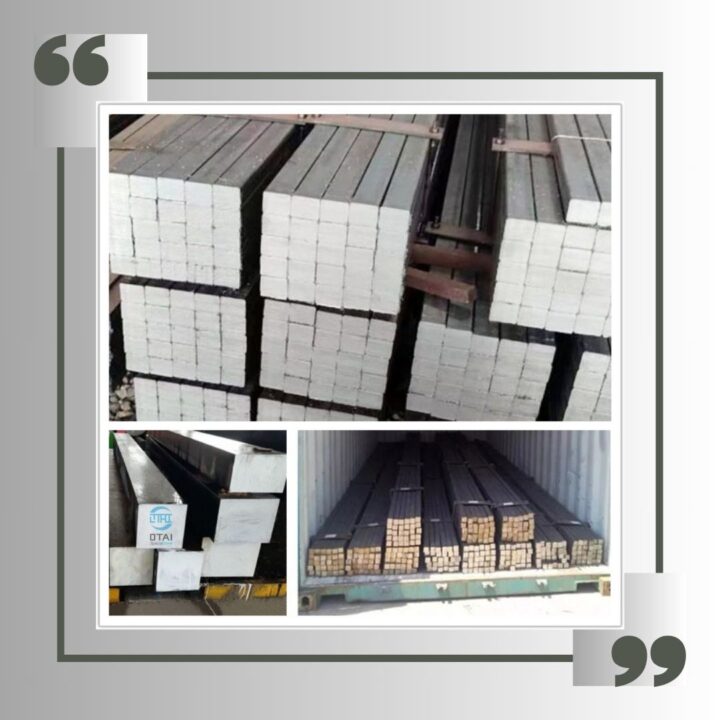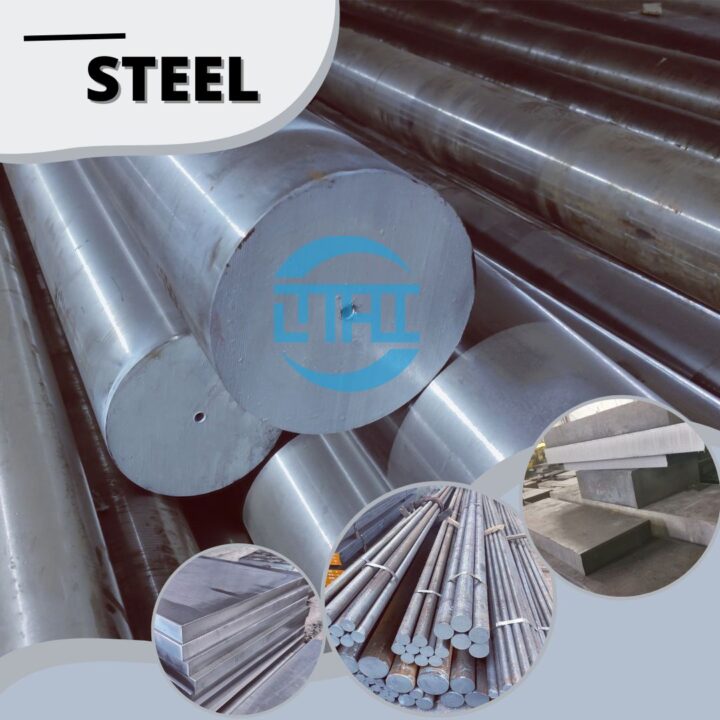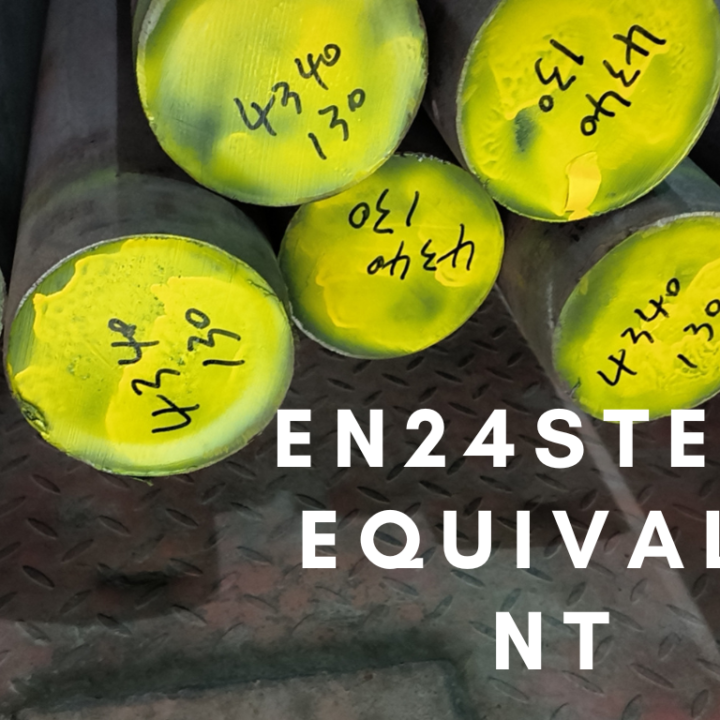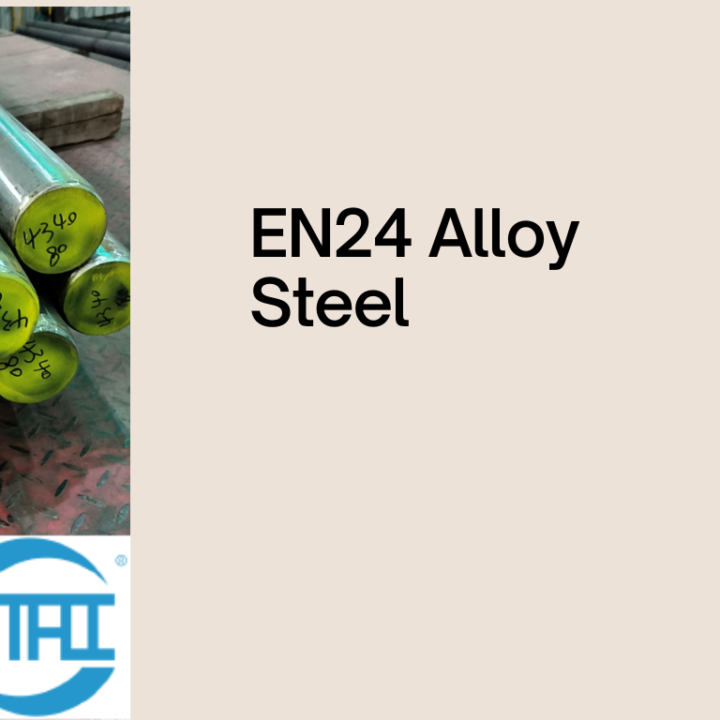In the world of engineering, 4140 steel holds a prominent position due to its exceptional yield strength. This alloy steel is revered for its ability to withstand substantial loads without succumbing to permanent deformation, making it ideal for applications that require durability and strength.
Properties of 4140 Steel
Composition of 4140 Steel
4140 steel is a versatile low-alloy steel that primarily consists of iron, chromium, manganese, and molybdenum. This composition contributes to its remarkable strength and wear resistance, while the molybdenum content enhances its toughness.
Heat Treatment and Microstructure
The heat treatment process plays a vital role in achieving the desired yield strength of 4140 steel. Through proper quenching and tempering, engineers can manipulate the microstructure, optimizing the balance between hardness and ductility.
Determining Yield Strength
Offset Yield Method
The offset yield method involves applying a specific amount of strain to the material and measuring the corresponding stress. This method helps define the yield point more precisely.
Microhardness Testing
Microhardness testing is another technique used to estimate yield strength. By measuring the hardness of the material, engineers can correlate it with the yield strength using established equations.
Factors Affecting Yield Strength
Heat Treatment
The yield strength of 4140 steel can be significantly altered through heat treatment processes such as quenching and tempering. These processes modify the microstructure, affecting the material’s overall mechanical properties.
Alloying Elements
The presence of alloying elements like chromium and molybdenum contributes to the high yield strength of 4140 steel. These elements promote the formation of strong carbide structures, enhancing the material’s strength.
Grain Structure
The grain structure resulting from the manufacturing process impacts the yield strength. A refined grain structure achieved through controlled cooling can lead to improved mechanical properties.
Applications of 4140 Steel
Automotive Industry
In the automotive sector, 4140 steel is used in various components due to its high tensile strength and impact resistance. It finds applications in axles, crankshafts, and other critical parts.
Manufacturing Equipment
4140 steel is a preferred choice for manufacturing equipment and machinery parts subjected to heavy loads. Its excellent combination of toughness and strength ensures longevity and reliable performance.
Aerospace Components
The aerospace industry benefits from the high fatigue resistance of 4140 steel. It is used in components like landing gear, connecting rods, and structural parts, where reliability is paramount.
Advantages and Disadvantages
Advantages
The advantages of 4140 steel include its exceptional yield strength, versatility, and good machinability. Its ability to be heat-treated for various properties adds to its appeal.
Disadvantages
On the flip side, 4140 steel can be more challenging to weld compared to lower-strength steels. Careful consideration and expertise are necessary to maintain its mechanical properties during welding.
Enhancing Yield Strength
Quenching and Tempering
Quenching and tempering are heat treatment techniques that can significantly enhance the yield strength of 4140 steel. These processes modify the steel’s microstructure to achieve a balance between strength and ductility.
Surface Hardening Techniques
Surface hardening methods, such as nitriding and carburizing, can further increase the yield strength of 4140 steel. These techniques create a hardened layer on the surface while retaining the material’s core properties.
Comparing 4140 Steel to Other Materials
4140 Steel vs. 1045 Steel
Compared to 1045 steel, 4140 steel offers higher strength and impact resistance due to its alloying elements. However, 1045 steel is easier to machine and has better weldability.
4140 Steel vs. Stainless Steel
4140 steel surpasses stainless steel in terms of yield strength and hardness. While stainless steel excels in corrosion resistance, 4140 steel is favored for applications requiring mechanical strength.
Safety Considerations in Design
When incorporating 4140 steel into designs, it’s crucial to consider safety factors that account for its high yield strength. Proper engineering practices should be followed to prevent unexpected failures.
Future Trends in Steel Manufacturing
The field of steel manufacturing is continually evolving. Research is focused on developing advanced alloys and manufacturing techniques to enhance the yield strength and other properties of steels like 4140.
The yield strength of 4140 steel plays a pivotal role in determining its utility across diverse industries. Its exceptional properties, combined with proper heat treatment, make it a go-to choice for applications demanding strength, durability, and reliability.
